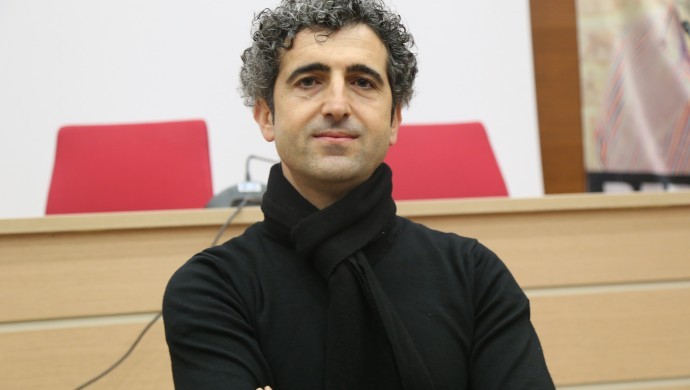
Former Editor in Chief lawyer of European Court of Human Rights (ECHR) Ümit Kılınç, stated that not implementing the decision on Selahattin Demirtaş and Osman Kava is a violation of the Article 18 of European Convention on Human Rights (ECHR).
Pointing out that the applicants were deprived of their liberty in both cases, Kılınç said, “According to my opinion, both should be released immediately according to Article 46.”
DEMİRTAŞ IS HELD ON POLITICAL REASONS
Kılınç pointing out that ECtHR decided that the 3rd subclause of the 5th article and the 18th article of European Convention on Human Rights (ECHR) is violated in Demirtaş case, said: “The violation decision here means: Selahattin Demirtaş is under arrest for political reasons rather than legal reasons. The Human Rights Court decided to release the applicant based on article 46 of the contract. But that decision was not implemented. Afterwards, both the applicant and the government decided that the case should be sent to the grand chamber.It is not very healthy to talk about this case at the moment because the case is currently pending. The trial was held, but the decision has not been made. Therefore, the decision made by the grand chamber after this stage is not a valid decision. ecause the case is currently pending before the grand chamber.”
Kılınç stated that in Osman Kavala’s case ECtHR ruled that the 5/1 C article of the Humans’ Rights Convention was violated and that there was no reasonable suspicion to deprive the applicant’s liberty. Kılınç said: “This means that there is nothing valid to deprive the applicant of his liberty. Along with this, ECtHR decided that Article 18 was violated as well. These two cases are very important for Turkey. Because this is the first time Turkey is accused of violation Article 18. In fact, the Turkish authorities deprive the applicants of their liberty in terms of abuse of the right. In the Kavala and Demirtaş cases, the court demanded that the applicants be released.”
‘KAVALA MUST HAVE BEEN RELEASED’
Kılınç also said the following regarding the execution of the decision on Kavala: “The real question here is that whether they should execute the decision immediately or wait 3 months for the decision to be finalized? The government’s argument in this regard is to wait 3 months. If the case does not go to the grand chamber within 3 months, it is finalized in this way and the decision made by the Human Rights Court becomes binding. According to Article 46, the execution of a decision made by the Court of Human Rights belongs to the Committee of Ministers of the Council of Europe. But recently, the ECtHR has put itself in the place of the committee and says how the decision should be executed. The ECtHR directly says how the violation decision will be enforced. So it is said that the person should be released immediately.Therefore, it is not necessary to wait 3 months for the applicant’s case. Because what does the 3-month period mean? After the case is finalized, he will go to the Committee of Ministers for execution. In my opinion, if the person is requested to be released immediately according to the 46th article, that person should be released immediately.”
POLITICAL PRESSURE
Kılınç, explaining what should be done next, said: “The file has not been sent to the Committee of Ministers yet. Because the 3 month period has not expired.Therefore, I do not think that if a letter is written to the Committee of Ministers, there will be a result at this stage. But the Council of Europe can apply pressure on Turkey. Countries comply when the Human Rights Court makes a decision. But Kavala and Demirtaş were not released. This is not usual. So there is a case law in this regard. A solution can be found when the applicant or representatives correspond with the court and report the situation to the General Secretariat of the Council of Europe.”
